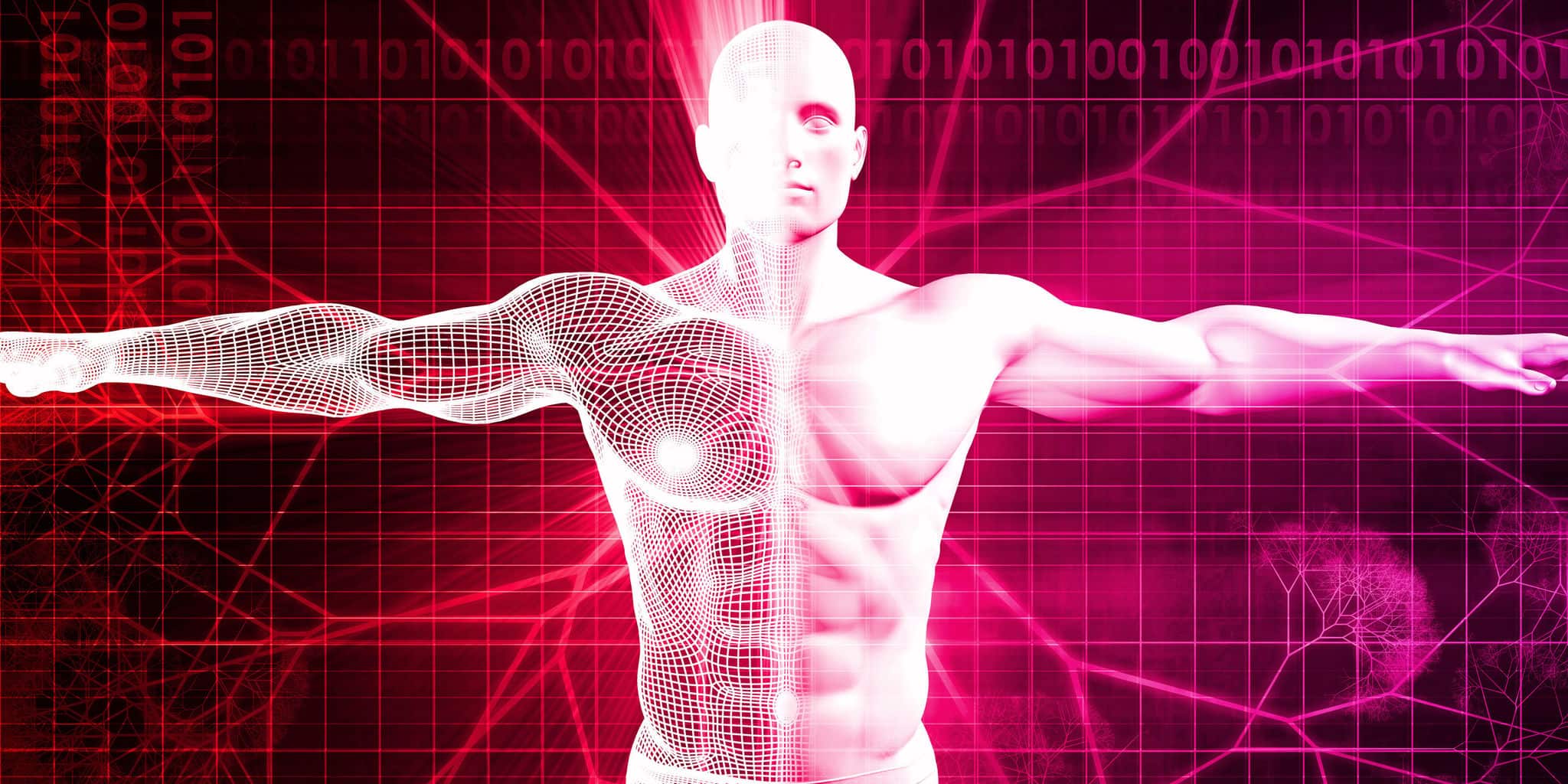
[cmamad id=”4971″ align=”center” tabid=”display-desktop” mobid=”display-desktop” stg=””]
Today’s newsletter is going to be a bit mind blowing.
Everybody thinks that scientists all accept the theory of genetics and Darwinian “survival of the fittest.”
But actually, a new theory is taking hold, and you should know about it.
When Darwin came up with his ideas, he didn’t know about the gene.
There was no awareness of genes at all at the time.
Eventually, genes were discovered, and Darwinian evolution was replaced by what is called neo-Darwinism.
Neo-Darwinism is basically about the survival of the fittest genes.
Because of this, a lot of research has been dedicated to figuring out genes.
The US government funded a multibillion-dollar “sequencing the human gene genome.”
They spent billions of dollars, in figuring out the entire human genome.
But so far, it’s largely a waste of money since not a single cure or treatment has arisen out of the entire exercise.
That’s because the whole idea of genetics is wrong.
This is important.
So many men think “I’m doomed because my father had this disease and I’m going to get it, too.”
But none of that’s true.
Genetics is about markers of possibilities, not hard and unchangeable fates.
[cmamad id=”4972″ align=”center” tabid=”display-desktop” mobid=”display-desktop” stg=””]
But there is a new science that builds on how genes work.
The new science is epigenetics.
It shows that everything, including cancer, can be turned on or off in your lifetime.
In fact, you turn them on, often within days or weeks.
Epigenetics change almost anything in your health.
To see the logic of this, let me introduce you to a much-vilified scientist name Lamarck.
The best example of Lamarck’s ideas uses a giraffe as its example.
The idea is that a giraffe gets a really long neck over several generations because it has to reach up into the trees to eat.
As the giraffe stretches its neck, its neck its longer.
Then, when that giraffe gives birth, the baby giraffe’s neck is already much longer.
The baby’s epigenetic inheritance is the longer neck that will help it to find food more easily.
Scientists used to laugh at Lamarck, but it seems that Lamarck was quite correct.
There are many environmental and behavioral changes that affect our genes almost immediately.
These are epigenetic changes, and they are probably far more important than genetic changes.

For example, cancer is an epigenetic disorder.
Cancer is not caused by some random mutation.
Many doctors still think so, but they are years behind where scientists are today.
The leading-edge scientist knows that cancer is not caused by mutation.
Cancer is caused by certain genes being turned on and off — epigenetics.
And cancer can be fixed by fixing epigenetics.
A person has a “cancer metabolism,” — a metabolism that is low energy.
This cancer metabolism involves lots of free radicals and free fatty acids in the blood.
And it involves low testosterone, high-stress hormones, and low carbon dioxide.
It is the cancer metabolism that sets the stage for epigenetic changes that are cancerous.
The good news is that we have the ability to reverse or change these epigenetic changes in our lifetime.
And we don’t need a lot of expensive big Pharma chemicals to do it.
Researchers have documented ‘RNA methylation’ in which methyl groups attach to the genetic helper molecules, in the process altering gene expression and subsequent protein production for generations down the line.
Epigenetic inheritance is like genetic inheritance, except that your actions affect your children before they’re born.
What you do changes how your son or daughter behaves, acts like, or what their bodies do.
So your lifestyle now influences your children almost like your genes.
And they change in your lifetime so that your children are born with those new genes — except they are called epigenes.
So to summarize, your behavior, your health, and your state of mind can make almost immediate changes in your body.
These changes may include everything from cancer, to diabetes, to being tired all the time.
And these changes can be inherited by your sons and daughters:

Of course, you can’t change some things, at least not for yourself.
You may not be able to change things like your height immediately.
Although men and women have gotten much much taller in the past few decades.
And now we know that epigenetics is the reason why.
And it’s not likely that you can go from 6 inches to 9 inches in your male organ just by changing your behavior.
Although, that size is getting bigger by generations too, and it could be that the reason is epigenetics.
Regardless, you can change some things, such as cancer metabolism.
You can also change the tendency to be fat, to have diabetes and many many other health issues.
You can even fix desensitization and you can get the most sexual pleasure you’ve ever dreamed — of for hours at a time.
And this is probably epigenetic also.
You have so much in your control, so much.
It may seem scary that you have this much power to change, but it is also empowering.
It’s empowering because we don’t have to be helpless anymore.
Just the knowledge that we have some control over epigenes can free us.
It can allow us to make important decisions about our health rather than waiting for big Pharma to make those decisions for us.

Darwin’s theory that natural selection drives evolution is incomplete without input from evolution’s anti-hero: Lamarck
https://aeon.co/essays/on-epigenetics-we-need-both-darwin-s-and-lamarck-s-theories
Developmental origins of epigenetic transgenerational inheritance
http://eep.oxfordjournals.org/content/2/1/dvw002.abstract

Leave a Reply